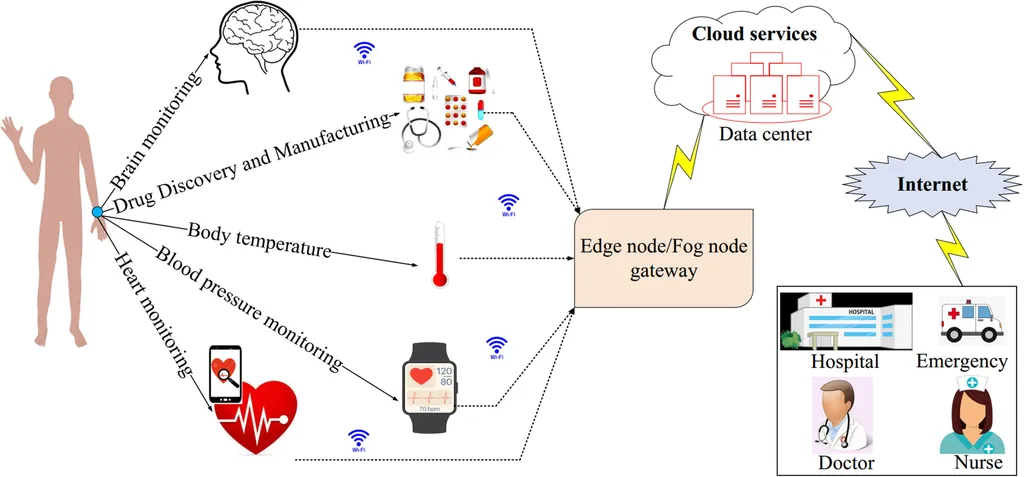In the rapidly expanding world of the Internet of Things (IoT), where devices are becoming increasingly interconnected, the need for robust security measures has never been more critical. A recent study published in *Jisuanji kexue* (Computer Science), led by SHANG Yuling and colleagues from the College of Computer Science and the Institute of Network Security and Trusted Computing at Nanjing University of Posts and Telecommunications, sheds light on a promising approach to detecting network attacks using fuzzy logic. This research could have significant implications for the energy sector, where IoT applications are becoming increasingly prevalent.
The IoT is transforming industries, from smart cities to precision agriculture, and the energy sector is no exception. Smart grids, for instance, rely on a network of interconnected devices to manage energy distribution efficiently. However, this interconnectedness also makes them vulnerable to cyberattacks. “The complex and dynamic nature of these attacks, coupled with their imprecision and uncertainty, has significantly compounded the intricacies of accurate detection and identification,” explains SHANG Yuling, the lead author of the study.
Traditional intrusion detection systems (IDS) often struggle with the inherent uncertainty and imprecision of data in IoT networks. This is where fuzzy logic comes into play. Fuzzy logic, a form of many-valued logic, allows for reasoning that is approximate rather than fixed and exact. It can handle the ambiguities and uncertainties that are common in IoT environments, making it a powerful tool for detecting network attacks.
The research team conducted a comprehensive survey of various traffic attack detection schemes, comparing their performance metrics and significance. They found that fuzzy logic-based frameworks could significantly enhance the precision of attack detection, particularly in scenarios characterized by data inaccuracy and uncertainty. “By integrating fuzzy logic into the operational phases of IDS, we can achieve heightened precision in detecting network attacks,” says SHANG Yuling.
For the energy sector, this research could be a game-changer. Smart grids and other IoT-based energy systems are prime targets for cyberattacks, which can disrupt energy distribution and cause significant economic losses. By implementing fuzzy logic-based IDS, energy companies can better protect their networks and ensure the reliable delivery of energy to consumers.
The study also outlines pathways for future research, suggesting that further exploration of fuzzy logic in traffic attack detection could provide new perspectives and enrich the academic discourse on mitigating cyberattacks. As the IoT continues to evolve, so too will the need for advanced security measures. This research is a significant step forward in that direction.
Published in *Jisuanji kexue*, which translates to *Computer Science*, the study offers a meticulous exposition of IoT security challenges, the foundational framework of IDS, and the integration of fuzzy logic in traffic attack detection. It serves as a valuable resource for researchers and professionals in the field, providing insights into the latest developments in IoT security and the potential of fuzzy logic to enhance network security.
As the energy sector continues to embrace IoT technologies, the findings of this research could shape future developments in the field, ensuring that energy systems remain secure and resilient in the face of evolving cyber threats. The integration of fuzzy logic into IDS represents a promising avenue for improving the security of IoT networks, and this research is a significant contribution to that effort.

